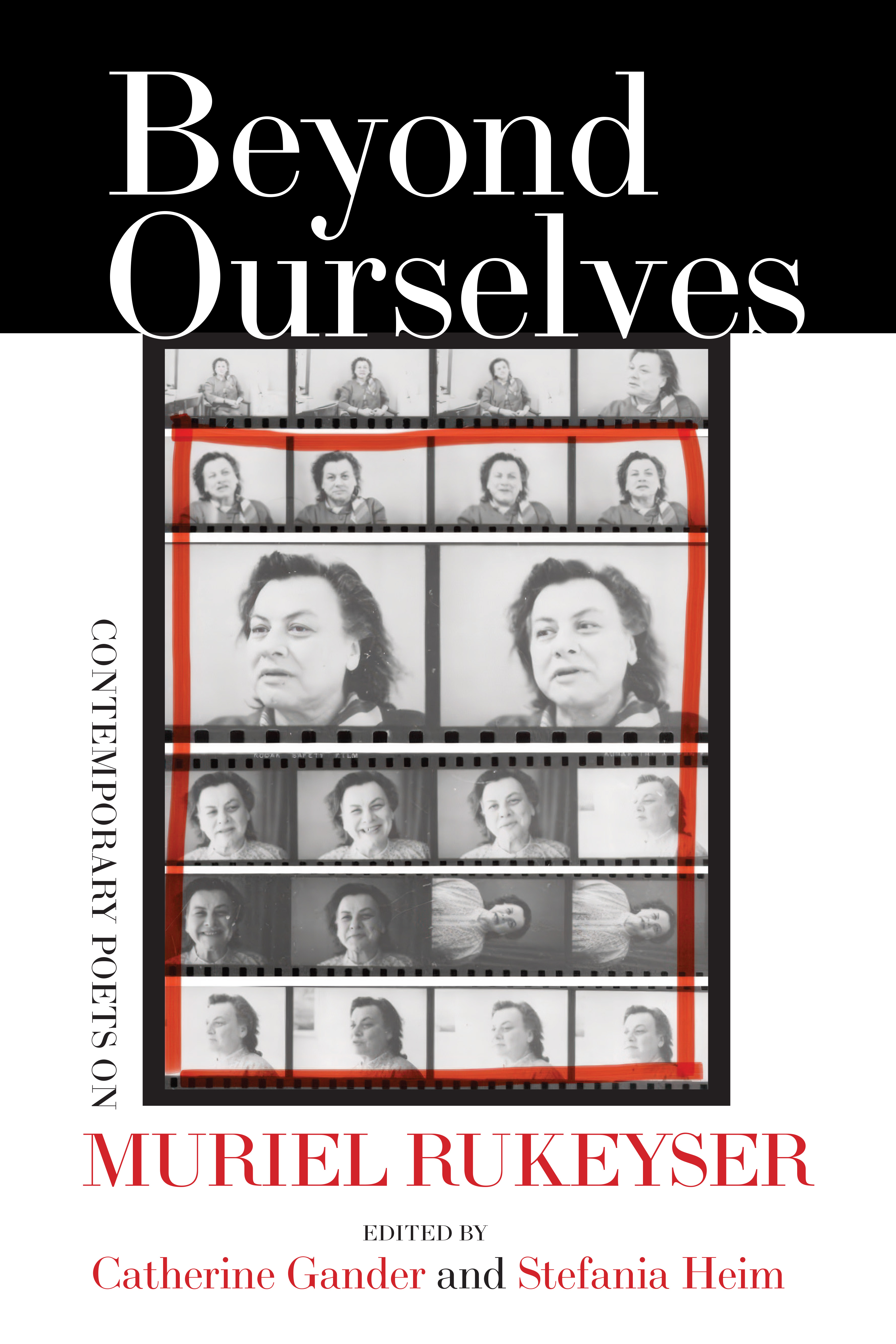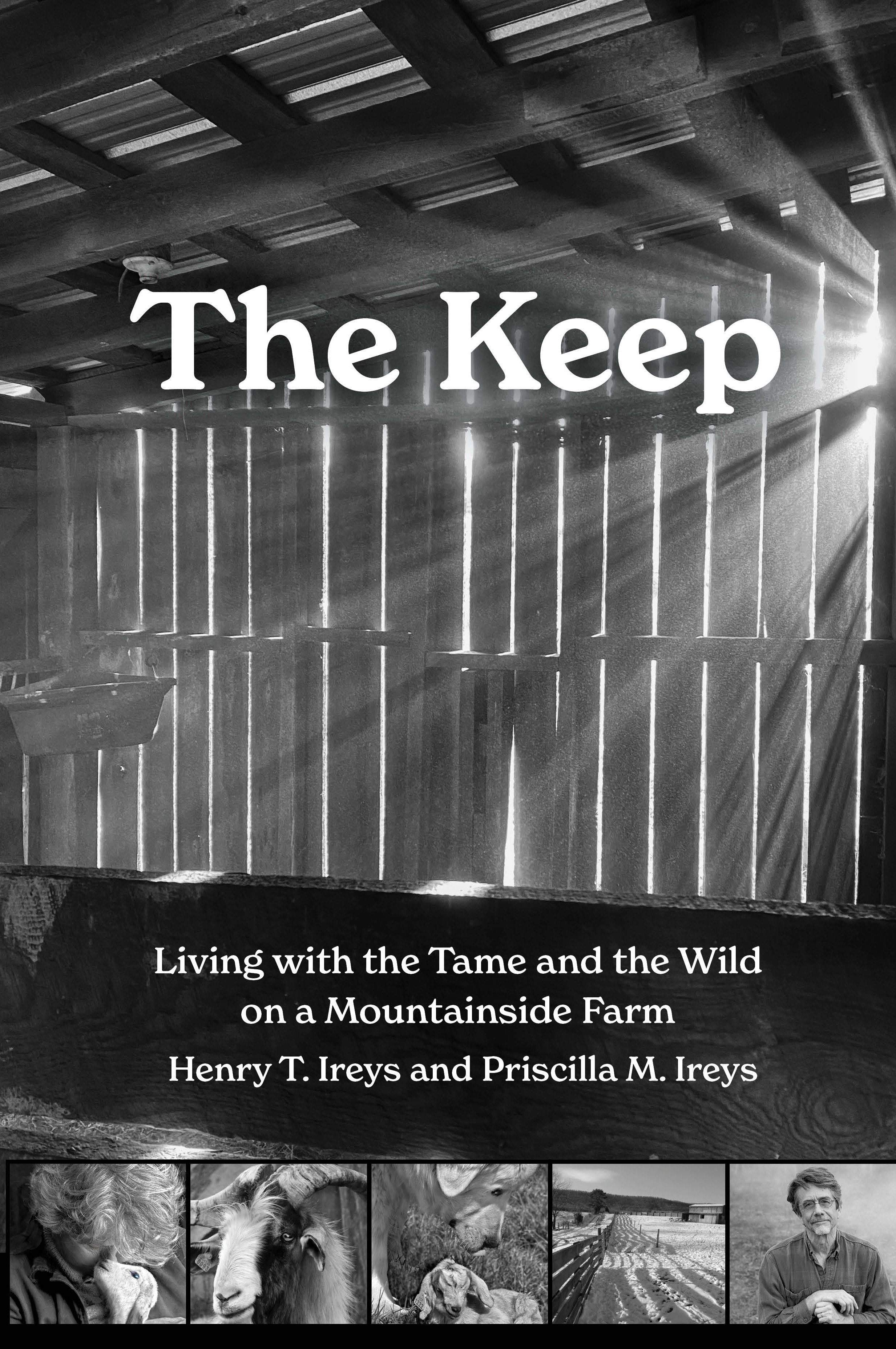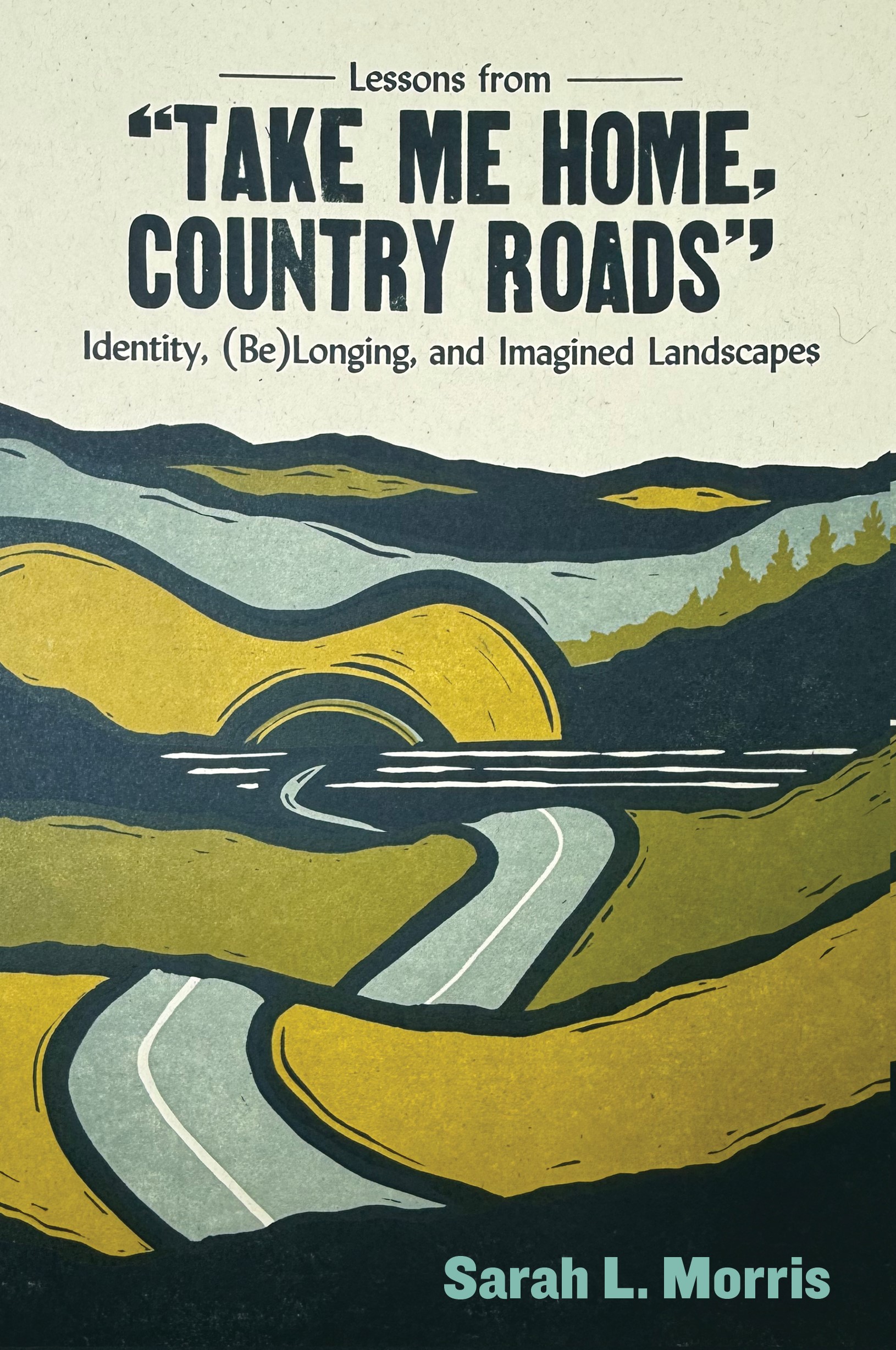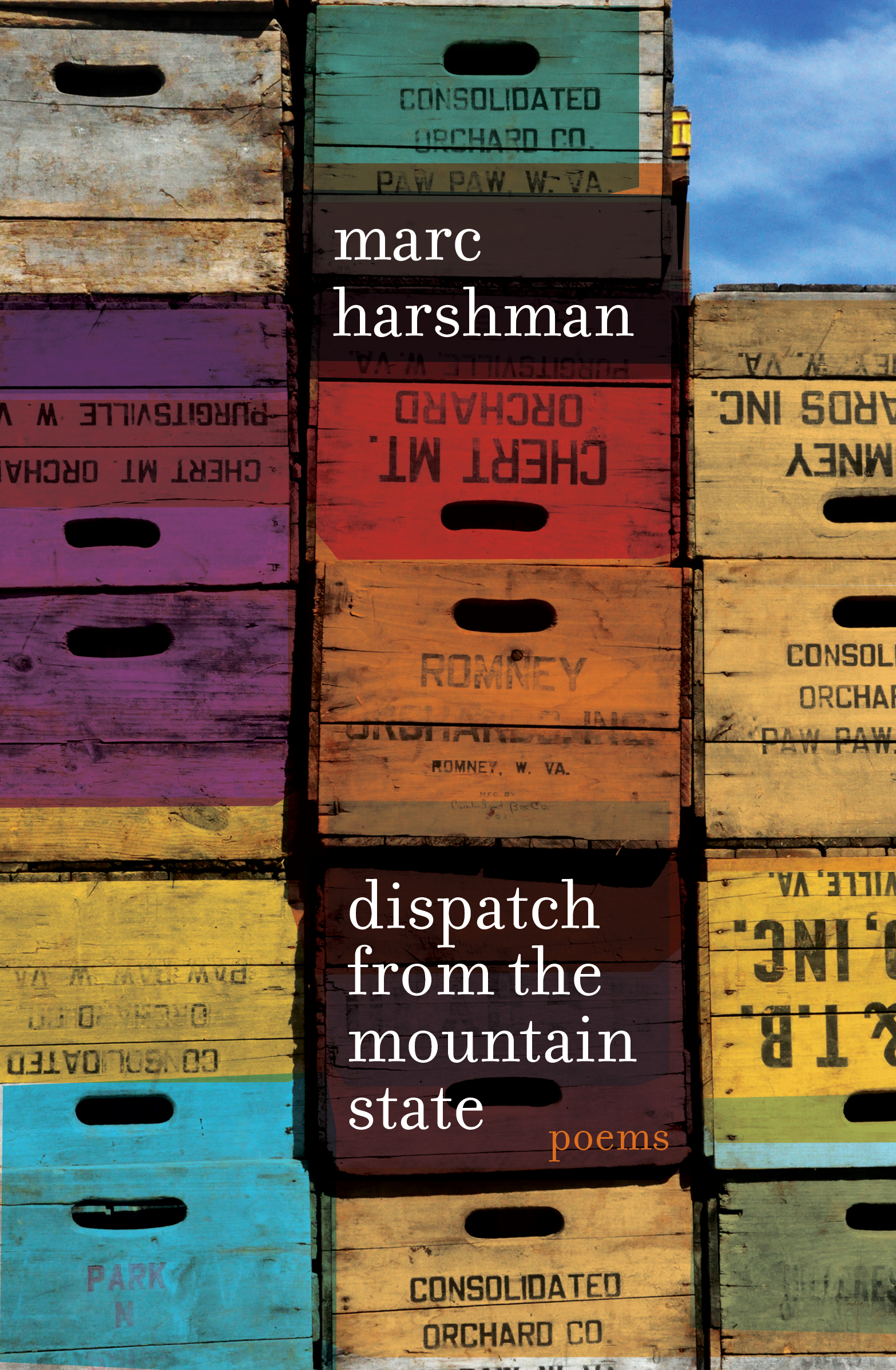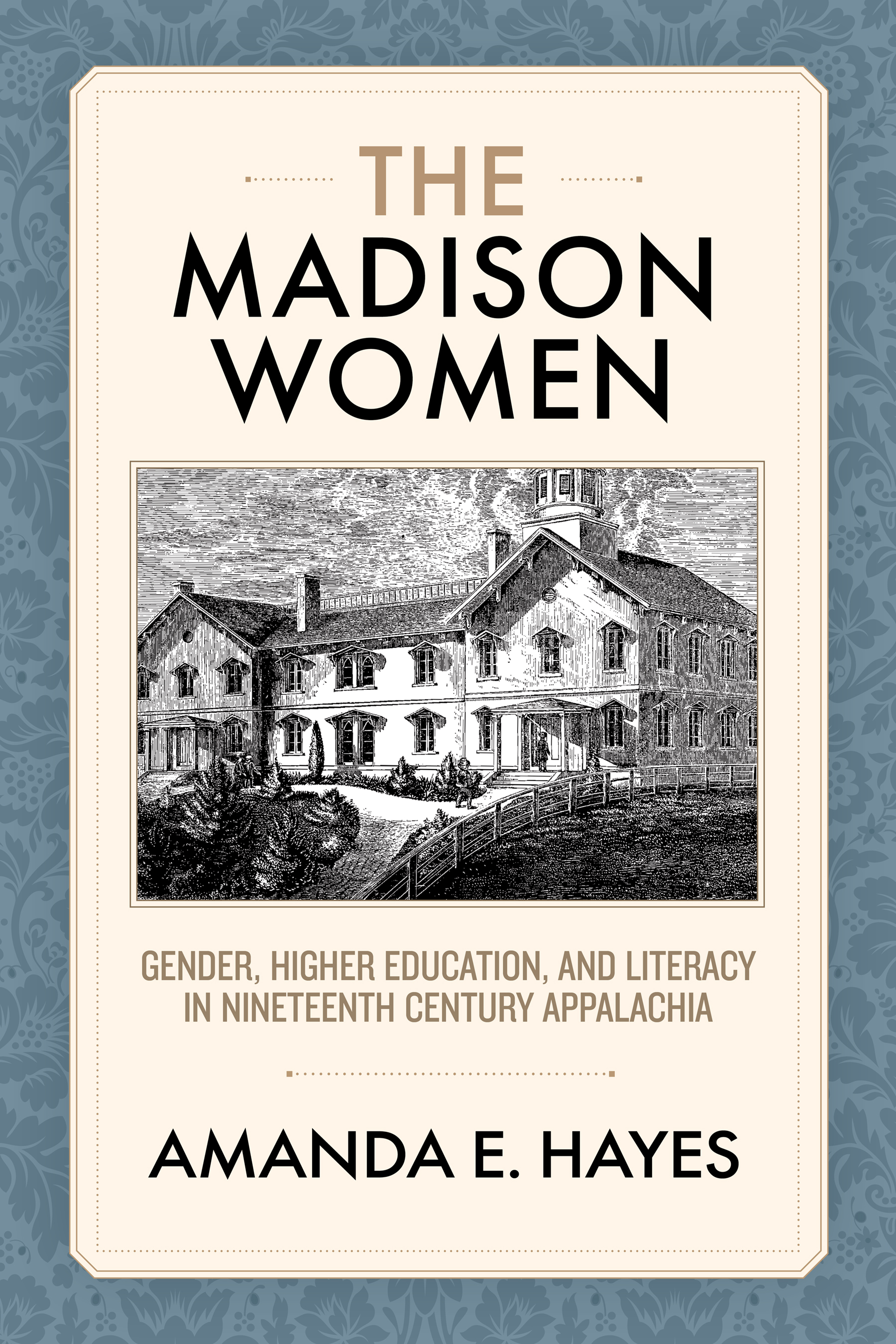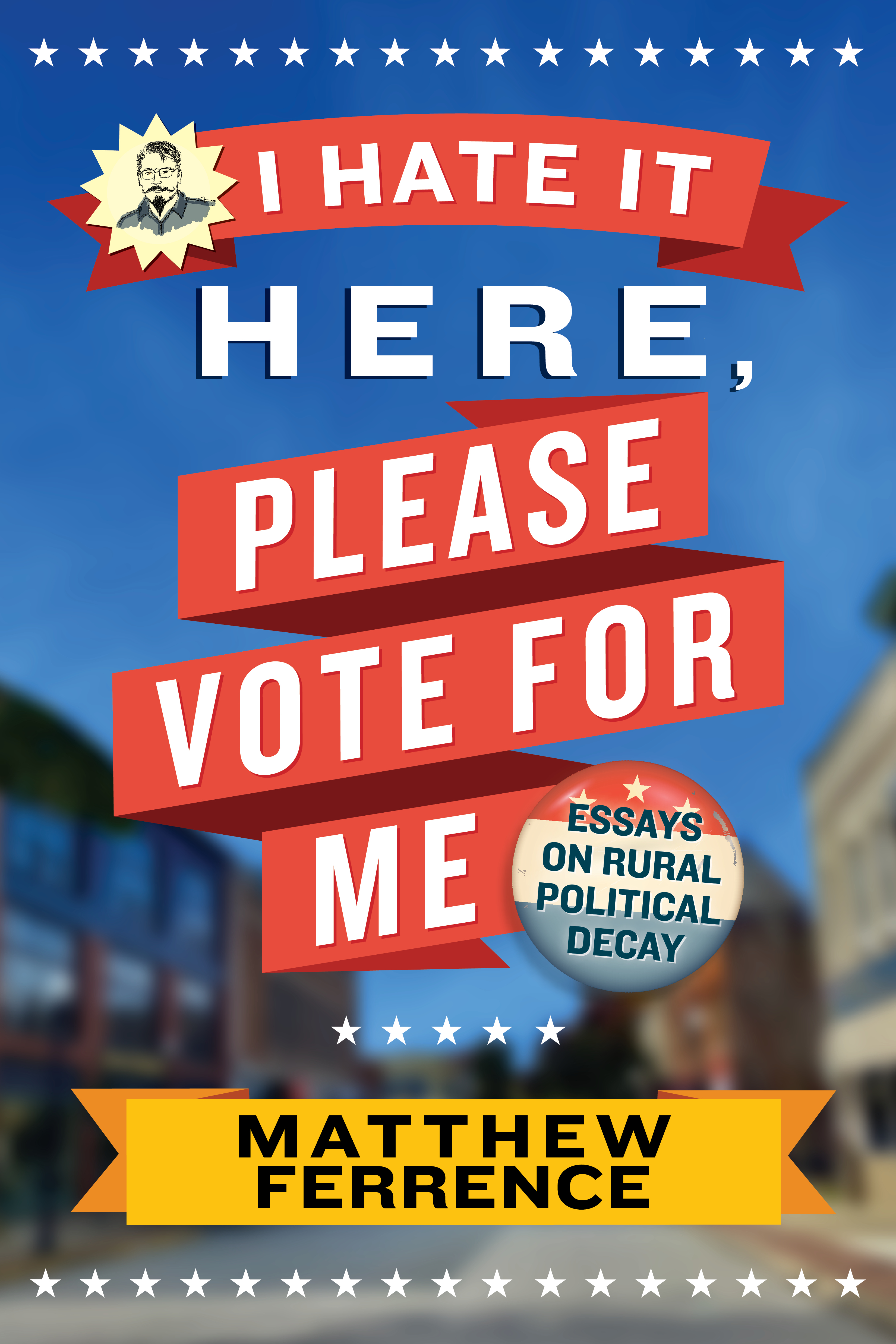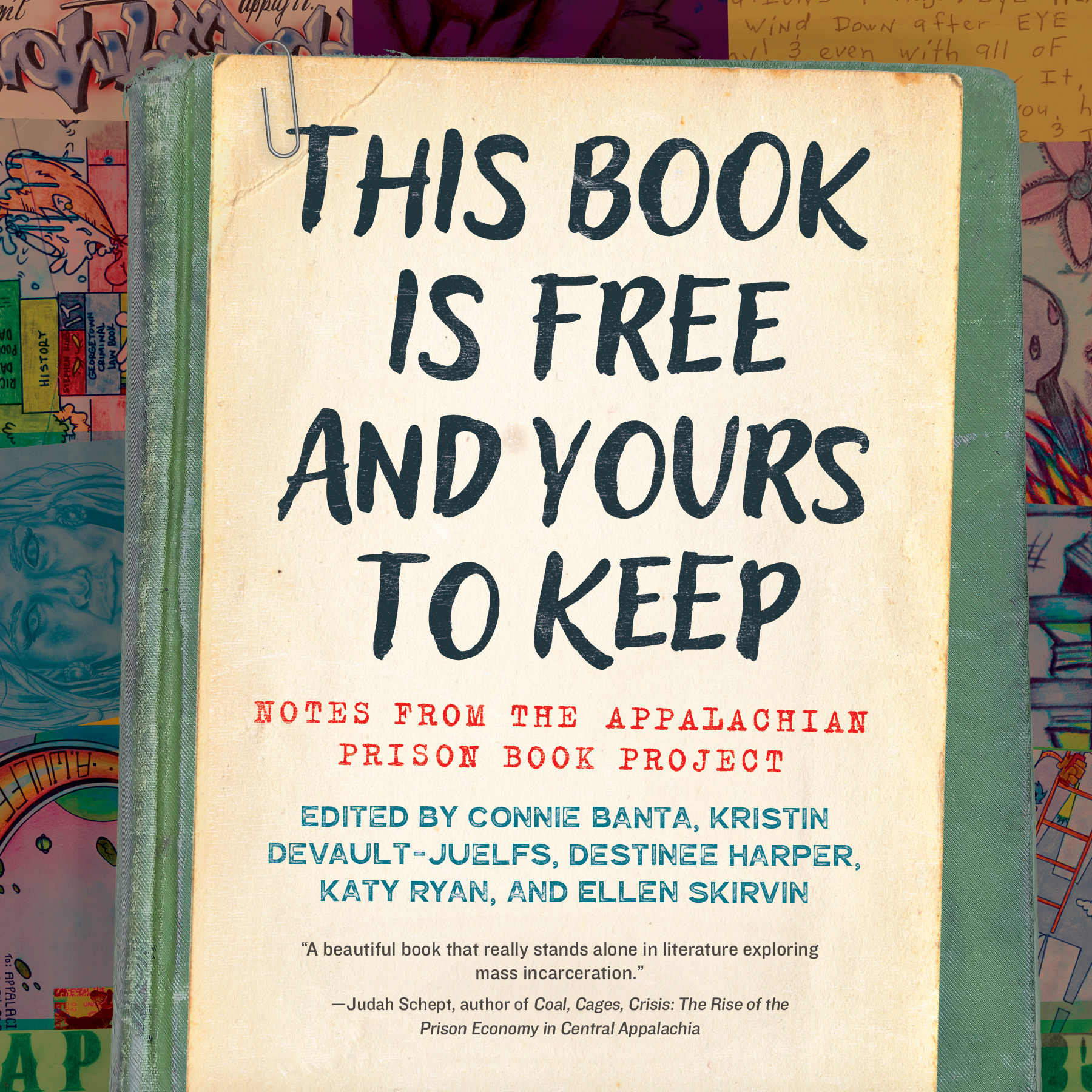
Edited by Connie Banta, Kristin DeVault-Juelfs, Destinee Harper, Katy Ryan, Ellen Skirvin
December 2024
242pp
PB 978-1-959000-35-8
$26.99
eBook 978-1-959000-36-5
$26.99
This Book Is Free and Yours to Keep
Notes from the Appalachian Prison Book Project
Summary
2024 Weatherford Award Winner, Nonfiction
This Book Is Free and Yours to Keep presents an engaging collection of letters and artwork by people in prison that highlights the crucial work done by the Appalachian Prison Book Project (APBP), a nonprofit that provides books to incarcerated people in West Virginia, Virginia, Tennessee, Kentucky, Ohio, and Maryland. Through the words of people directly impacted by the criminal punishment system, the collection provides uncommon insight into reading practices and everyday life in prisons and jails while being an inspiration for prison book projects, prison reform, and abolition.
Simultaneously communicating the vital importance of access to books and education, and conveying the power of community, the letters sent to APBP by incarcerated people spark conversations about racism, poverty, and incarceration and shed light on the movement for accountability for state violence. This Book Is Free and Yours to Keep elucidates the violence and neglect perpetuated by carceral systems and offers a way forward based on solidarity and collaboration.
Contents
Preface
Introduction
Editorial Statement
1. Book Requests
2. Access and Restrictions
3. Letters as Windows
4. Circles, Classes, Conversations
5. Weaving Webs
Where Is the Honey?
Afterword
Works Cited
Resource List
Acknowledgments
Author
Connie Banta is a social activist serving on the APBP Board of Directors, book artist, poet, and retired therapist living in Morgantown, WV. Kristin DeVault-Juelfs is a social worker, therapist, and former APBP work-study student and APBP volunteer from West Virginia. Destinee Harper is a researcher and activist for education access in prison. Katy Ryan is a literature professor and founder of APBP. Ellen Skirvin is a teacher, fiction writer, and dedicated APBP volunteer.
Reviews
“A beautiful book that really stands alone in literature exploring mass incarceration, the experience of incarceration, and the work of reform. As the editors note, this isn’t really a book about any of those things in a traditional sense, even as it clearly is a book about all of them. Rather, the book is most clearly about the literary and intellectual lives of people incarcerated and the modest but urgent work of grassroots book projects.”
—Judah Schept, author of Coal, Cages, Crisis: The Rise of the Prison Economy in Central Kentucky
"Switching between the author's description of the APBP program and the prisoners' own words, readers will gain insight into how access to reading materials creates opportunities for learning, and, more importantly, helps inmates develop a sense of self and to expand their understanding of their lives, their situations, and the larger world outside of prison."
—Lisa Hussey, professor of library and information science, Simmons College



